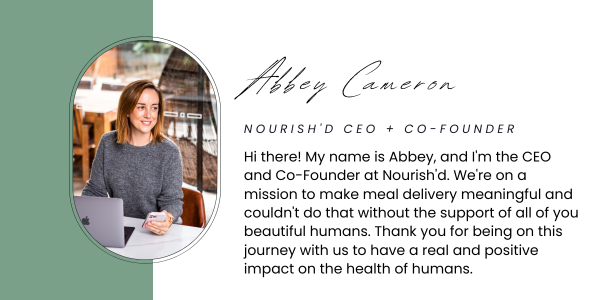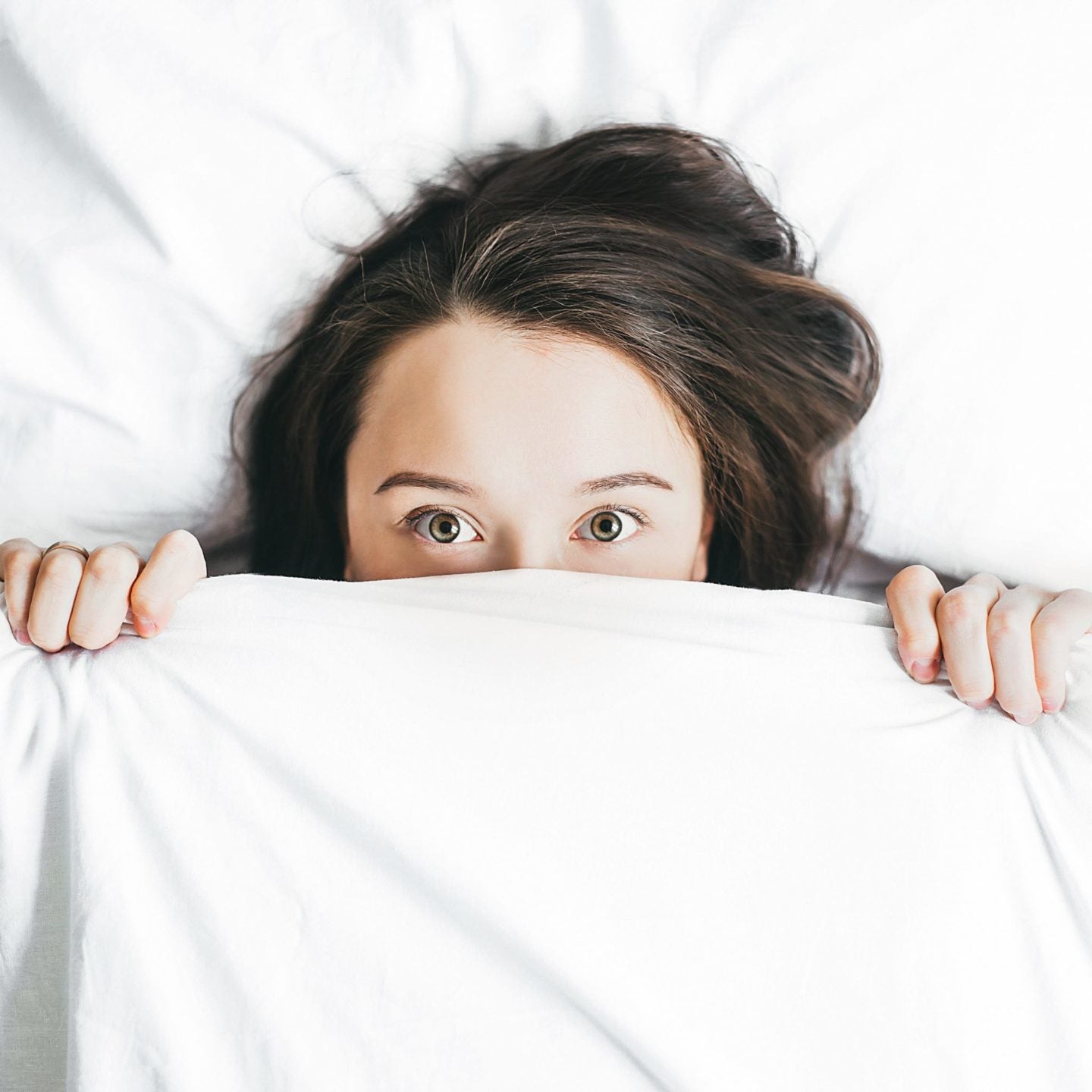Lets Talk About....Sleep Hygiene
The concept of sleep hygiene has been around since the 1970's and it outlines a set of guidelines that are designed to promote and enhance restful sleep. Common sleep problems, such as insomnia can arise as a result of poor habits that have been reinforced over years or even decades.
Many sleep issues may be resolved by making some minor changes in lifestyle and mindset to reinforce good sleep promoting habits.
Here are some great tips from Naturopath Rachel Bonello. (See her full blog here)
Good Sleep Hygiene Practices
Regulating Your Sleep-Wake Cycle
Many of the physiological processes carried out by the body are synchronised to our internal rhythm, or our 24-hour 'body clock' and so it makes sense that we should work with it to create an internal environment that will allow our body to carry out all these necessary processes to the best ability.

-
Aim to get up at the same time each day
-
Go to bed when you feel sleepy
-
Avoid laying in bed for long periods of time worrying about sleeping
-
Avoid oversleeping
-
Avoid afternoon napping
-
Get some sunshine early in the morning, this will help regulate your body clock
-
Ensure you take daily regular exercise, well before bedtime. Vigorous exercise should not be within 3 hours of bedtime.
Setting up Your Sleeping Environment

-
Avoid bright light exposure in the late evening and night
-
Encourage bright light exposure on rising
-
Ensure a dark quiet room for sleeping...remove all technology (Yes that's right, no tv, phones, laptops etc)
-
Use a suitable pillow and mattress for comfort and support
-
The bedroom should be reserved for sleeping and intimacy only...no emailing, phone calls, computer work etc. This will ensure that your mind associates the bedroom with sleeping and intimacy only and not a time for other activities
-
Avoid stressful ruminating before bedtime. Allocate a time earlier in the evening to go through worrying or stressful issues. If you find you still can't switch off your mind from worry, keep a journal or notepad by your bedside, each time a new though pops into your mind simply jot it down and close the book and allow yourself time the following day to go over these thoughts
-
If you can't control outside noises such as barking dogs, noisy neighbours or a snoring partner, a set of earplugs is a great inexpensive resource to have
-
Try not to engage in anything too mentally stimulating right before bed, use the last hour before bed to relax your mind.
Influential Substances on Sleep
-
Many people resort to taking certain substances in the hopes that they will help them sleep. These are common pitfalls.
-
Avoid excessive alcohol intake. Alcohol is a depressant and drinking before bed may help a person doze off quickly, however alcohol disrupts the rhythm of the sleep wake cycle and as such a person is likely to wake feeling unrefreshed. Additionally it is likely to increase the need to wake frequently to urinate throughout the night, not to mention the resultant negative effects of hangovers.
-
Avoid resorting to prescribed sleeping pills. They ultimately are not addressing the underlying cause of sleeplessness, they can cause day time drowsiness and can have a rebound effect whereby a person who has had a stint on them may actually find it more difficult to get to sleep when they come off them.
-
Avoid smoking. Besides the known negative effects of cigarette smoking, nicotine is a stimulant and as such raises blood pressure and heart rate, both of which will likely keep you awake for longer
-
Avoid other stimulatory substances before bed such as caffeinated drinks (tea, coffee, chocolate)
-
Avoid having pets and highly illuminated digital clocks in the bedroom
-
Keep any clocks facing away from you while you are in bed so as to avoid 'clock watching'
Other Sleep Promoting Tools

Some lifestyle adjustments and inclusions that may improve your sleep include:
A warm herbal tea about 1 hour before bed time is a lovely ritual or habit to get into to help promote a restful sleep. I recommend to my clients this SLEEP Blend that I have specifically designed with herbs traditionally used in supporting the nervous system and good quality sleep habits

-
A warm bath 1-2 hours before bed with the addition of some epsom salts or magnesium flakes and a few drops of some sleep promoting essential oils (I love lavender, roman chamomile and frankincense) is a great way to relax both the mind and body and get ready for a good nights rest
-
If you find your sleeping issues are linking to worry, especially at night you could as previously mentioned keep a journal bedside and write down your thoughts as they pop up and then move on. You can also allocate a time earlier in the evening to be your 'worry time' then if things bother you again when you are in bed remind yourself that you have already done your worrying for the day
-
Relaxation exercises and specific breathing techniques used for relaxation are a great way to calm the body and mind preparing you for sleep
-
If you can't fall asleep get out of bed, go to another room and do something calmly, such as reading a book until you feel sleepy and then head back to bed



